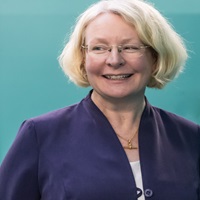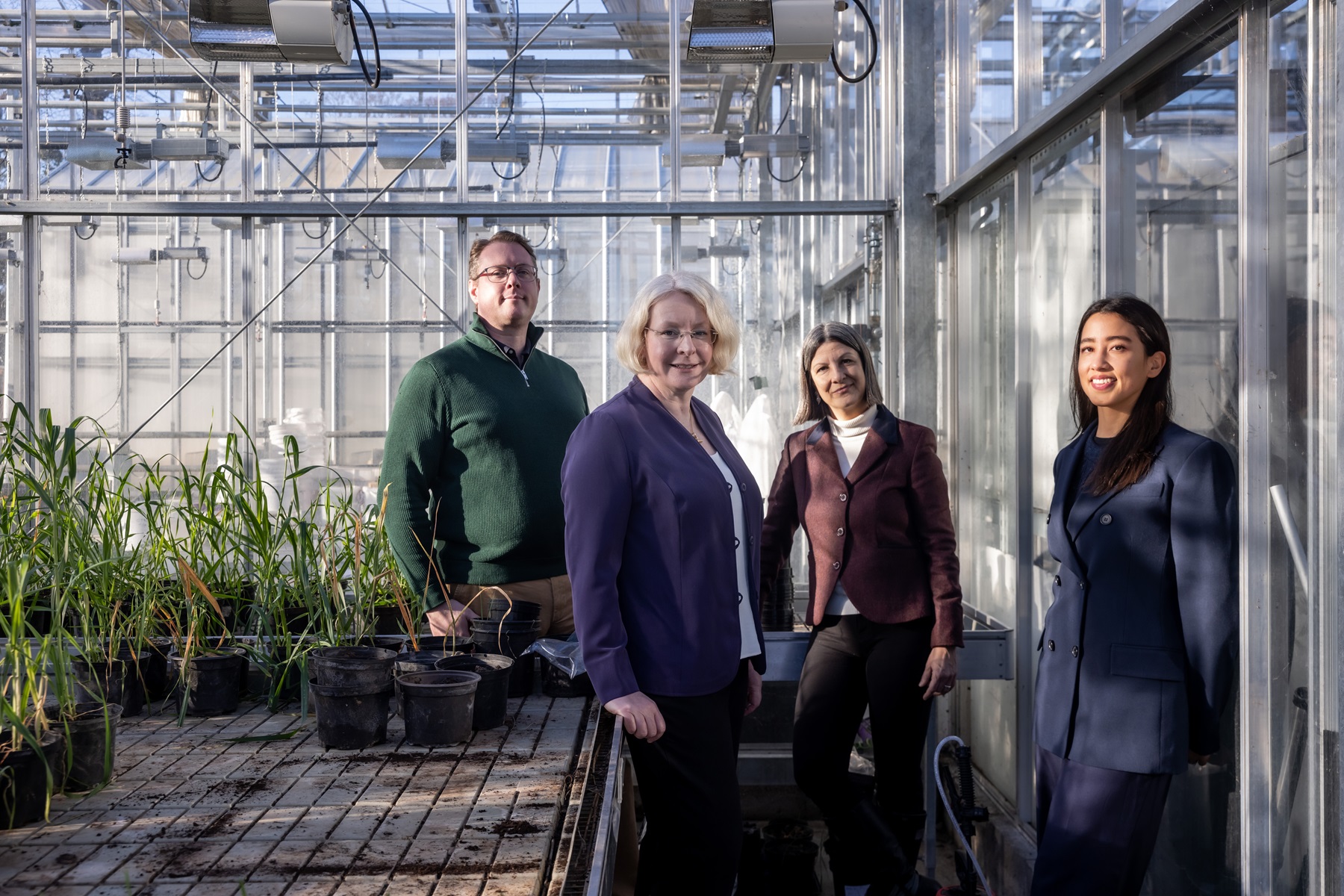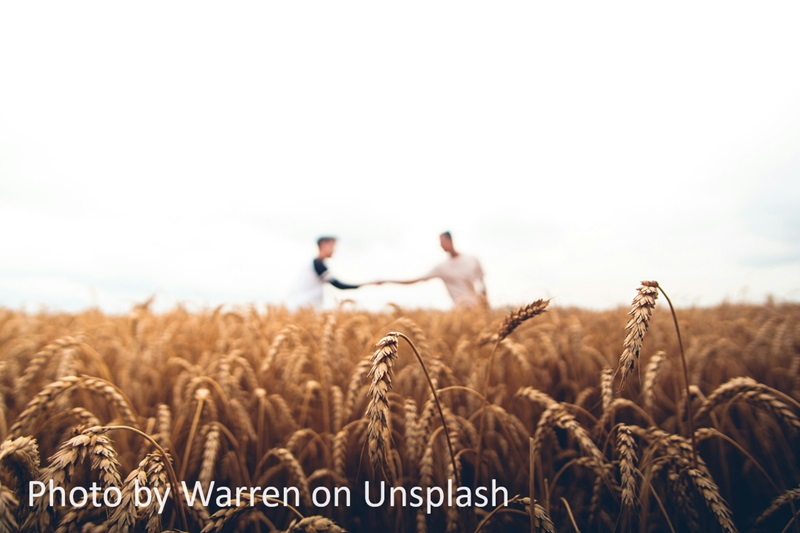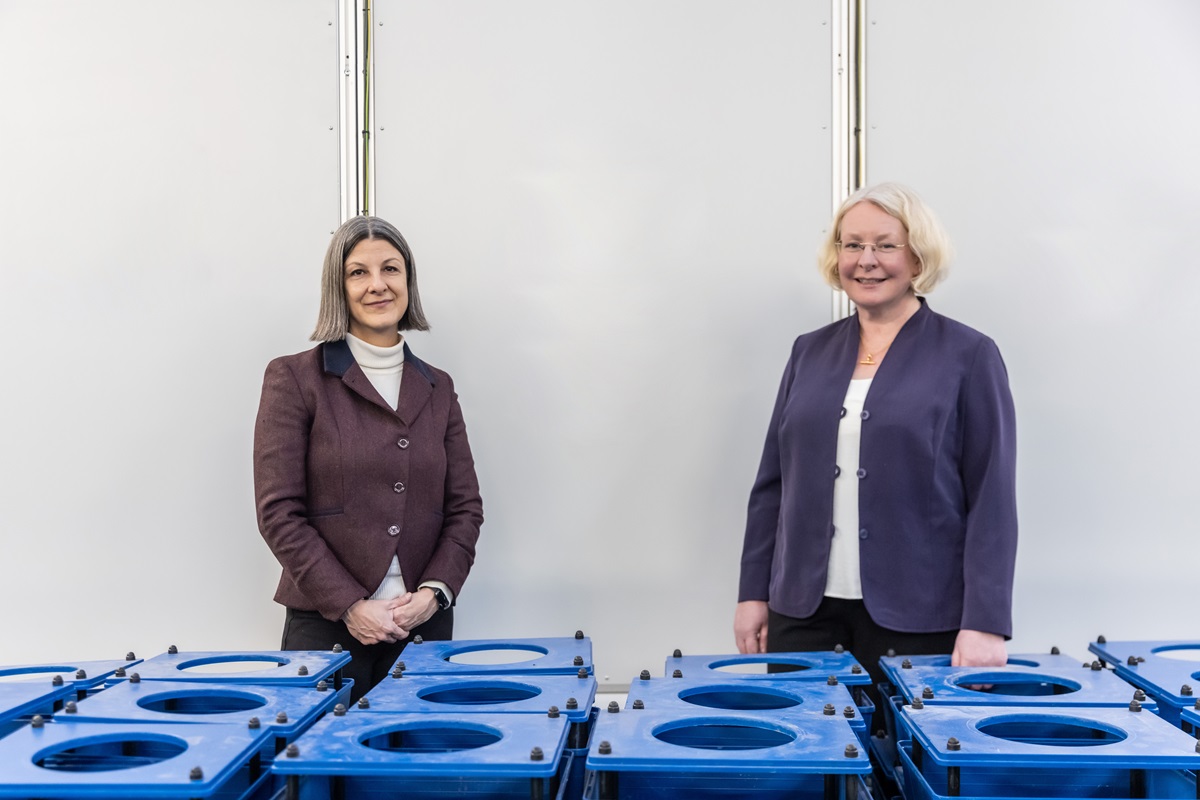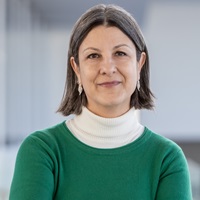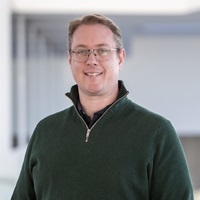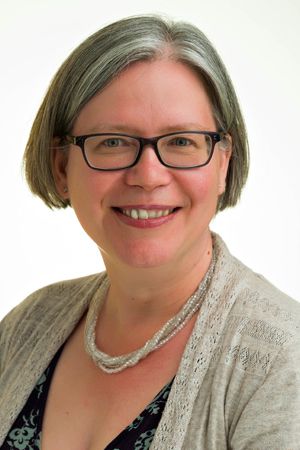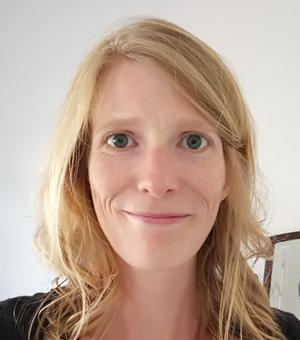Overview
CROPREVIVE is a two-year research project that investigates how ancient farming practices can help us develop more sustainable farming systems in modern Ireland. Led by an archaeologist, Assoc. Prof. (opens in a new window)Meriel McClatchie, and a plant scientist, Dr (opens in a new window)Sónia Negrão, the Croprevive project is examining the extensive archaeological evidence for farming in ancient Ireland and merging findings with data from modern farming systems to help plan for the future.
The project focuses on three crops that were popular in the past, but have fallen from favour: emmer wheat, rye and peas. The project aims to determine how these crops became underutilised, and how they can be revived.
